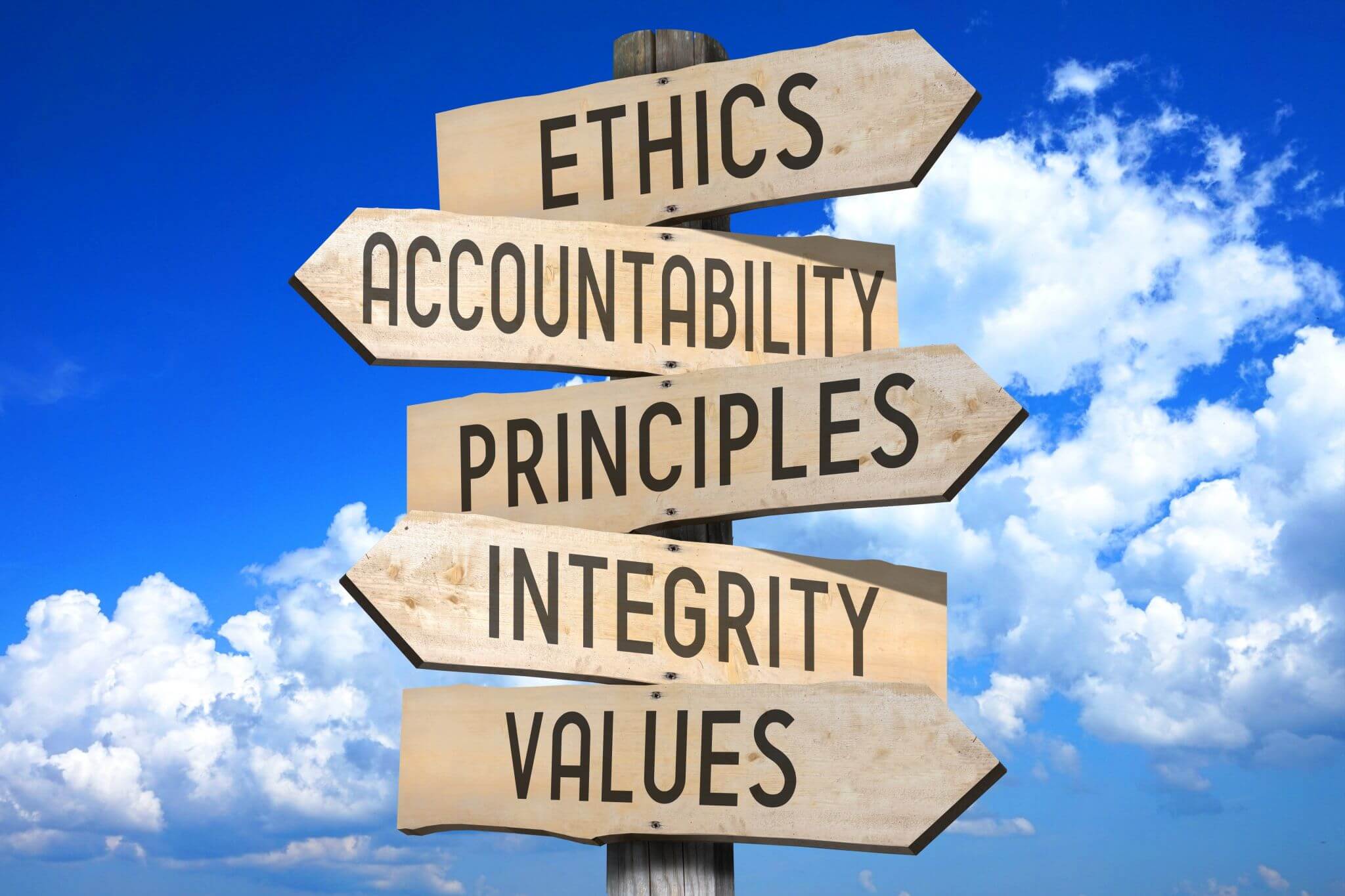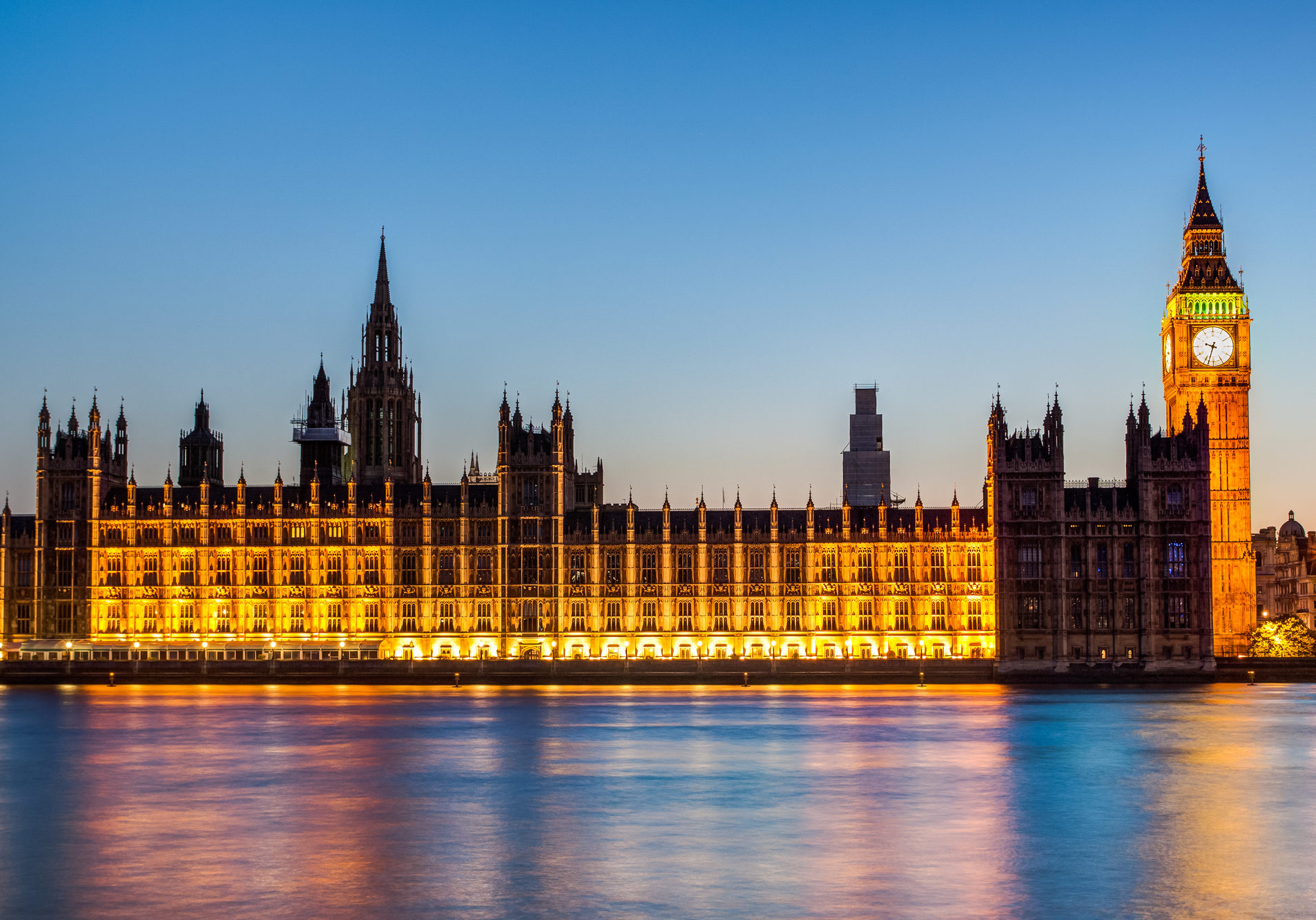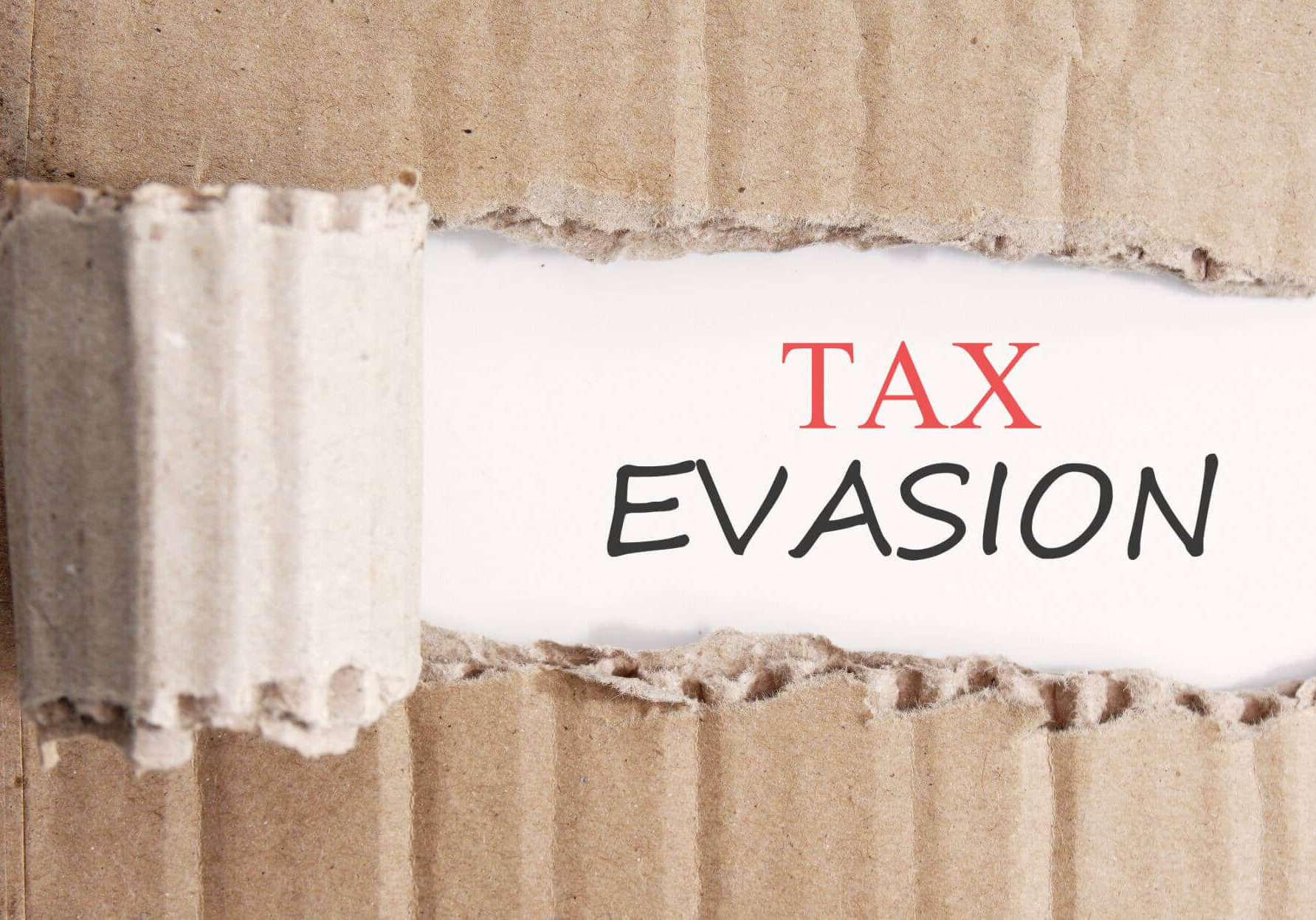
A new decade for business ethics
As we edge into the new decade, will the Davos talk of fairer economies, better business, saving the planet and tech for good turn into action?
2020 has already been hailed as the decade of delivery and in many ways, it needs to be. These themes formed the basis of the 2020 Economic Forum last month and some have been on the agenda since the first meeting 50 years ago, most notably the idea put forward by Professor Klaus Schwab at the Forum’s inauguration in 1971 that business should serve all stakeholders – customers, employees, communities as well as shareholders.
Much of what was discussed at Davos builds on ideas that gained significant prominence during 2019 and which will undoubtedly shape business thinking as we move into the 2020s.
Our latest blog takes a look at the continued traction of stakeholder accountability and the virtuous circle arising from treating all stakeholders well; the focus on corporate purpose and how that is likely to manifest itself in business behaviour and the continued importance of building effective human rights and anti-corruption programmes.
Profit and purpose

To what extent are profit and purpose truly viable and business critical? This is just one of the areas for discussion at the annual Chatham House Responsible Business Conference.
This year's conference on February 27 seeks to define what responsible business means in 2020. Employees, customers and the wider public are acutely aware of the actions of companies. The event will address some of the key questions facing businesses including the climate crisis, data privacy and the measurement of responsible business practices.
Gareth Thomas will be chairing the session on responsibility joining an impressive panel of speakers at the event including Lord Jim O'Neill, Chairman, Chatham House, Lord Debden, Chairman, UK Climate Change, Sally Uren OBE Chief Executive, Forum for the Future and Andrew Hill, Management Editor, Financial Times.
Cultural advisor

GoodCorporation director Debbie Ramsay has been invited to join the Culture Advisory Group established to help oversee a cultural overhaul at Lloyd's of London.
The group will be providing expert advice and challenge to help Lloyd's bring about sustainable and measurable change.
Debbie joins Jayne-Anne Gadhia, former chief executive of Virgin Money, Brian Dow, Mental Health UK chief executive and John Amaechi, psychologist and head of APS.
Chaired by Fiona Luck, a Lloyd's board member and non-executive director, the group will provide guidance and thought leadership to address the key themes that emerged from Lloyd's 2019 culture survey findings. It will also assist with measurable outcomes and provide a critical assessment of progress.

As new governance principles for listed businesses and large private companies come into force, the Financial Reporting Council (FRC) has announced a major shake-up of its remit.
The move is designed to ensure that the FRC can fulfil its stated purpose of setting corporate governance standards. To do this, the regulatory body
will be expanding its enforcement powers and speeding up investigations.

Writing on the Ethical Corporation website, Gareth Thomas looks at the findings from GoodCorporation's recent paper on the effectiveness of anti-bribery programmes in combating corruption.
The findings in the paper show that while there has been some improvement in adequacy over the last five years, some significant areas for concern remain, most notably in ABC risk assessment and due diligence.

In light of the record fines for Airbus, our next GoodCorporation debate will examine the steps companies need to take in today's rapidly changing anti-corruption landscape.
Ed Wheatley, legal director, TechnipFMC will be leading the discussion which will be held at the House of Lords and attended by leading companies.
Attendance at GoodCorporation debates is by invitation only, contact us for details.

The OECD looks set to move ahead with its plans for a global digital tax. Last month the 137 countries participating in the talks affirmed their commitment to reaching an agreement by the end of 2020.
The OECD aims to align corporate tax payment with the value of sales in each market. This will allow authorities to collect a proportionate amount of corporate tax for activities taking place in their jurisdictions.

